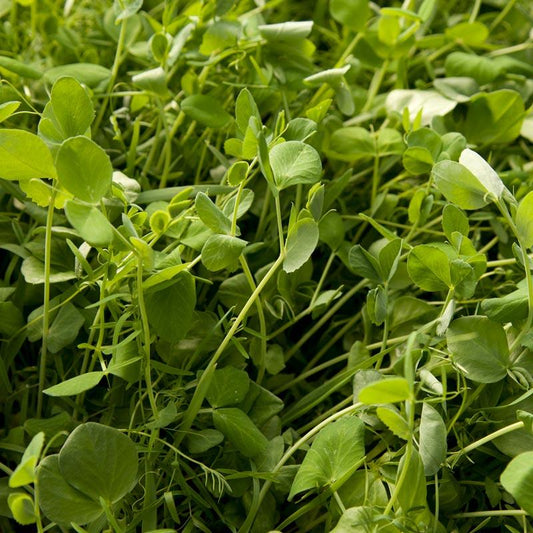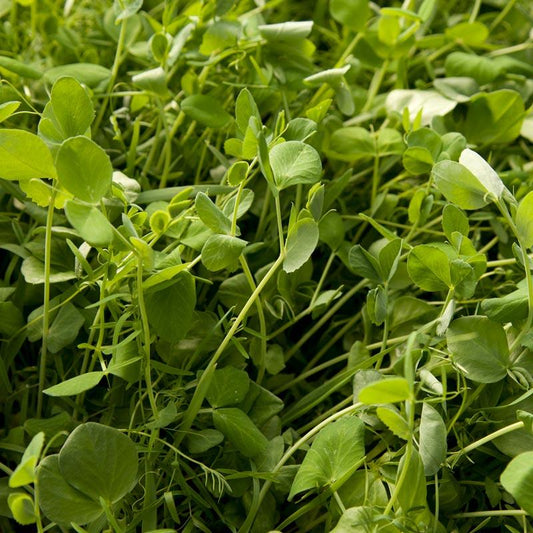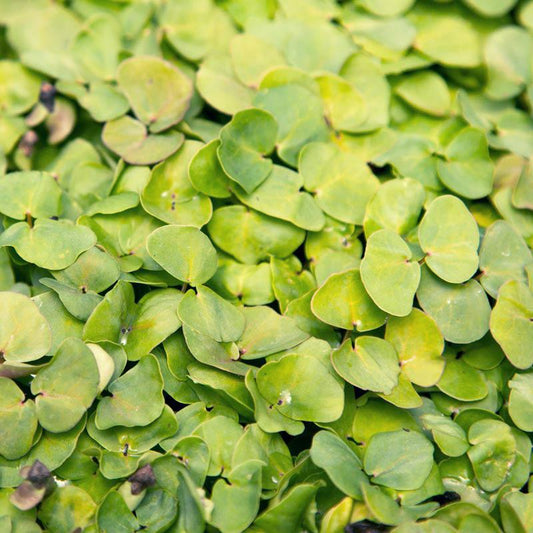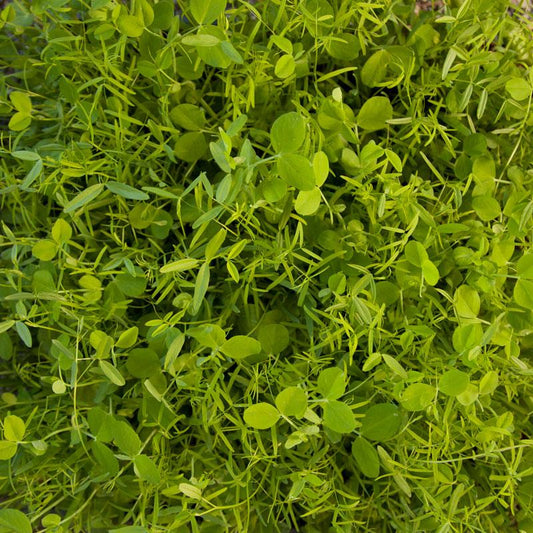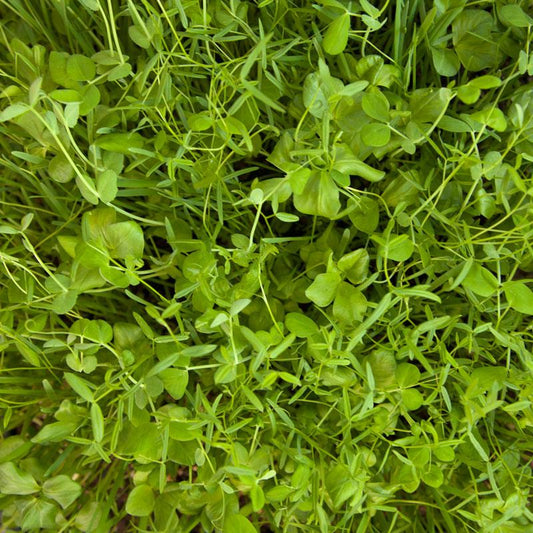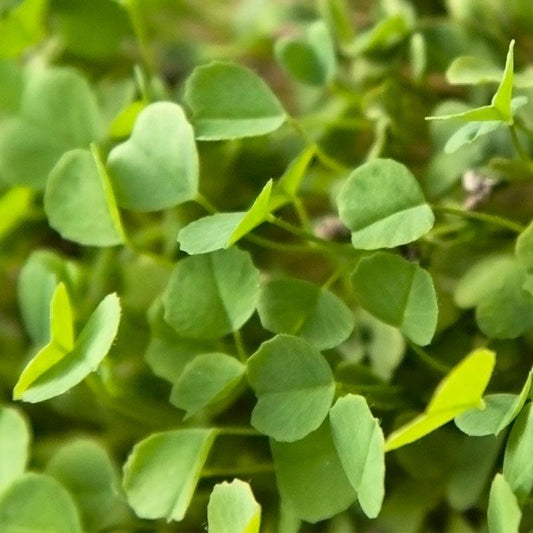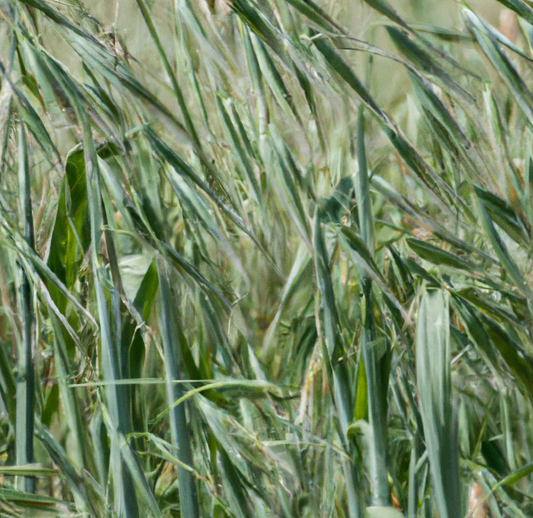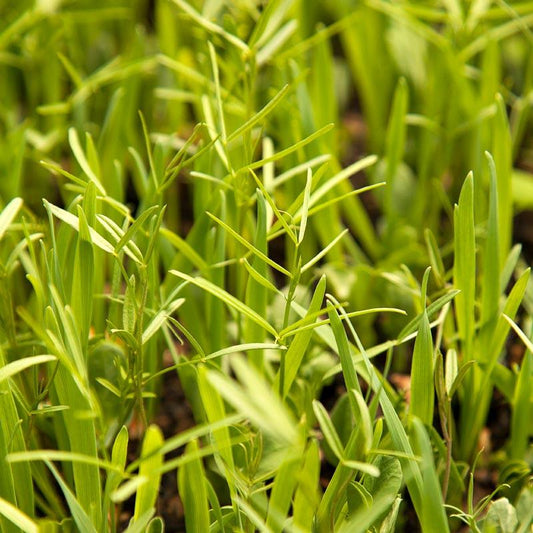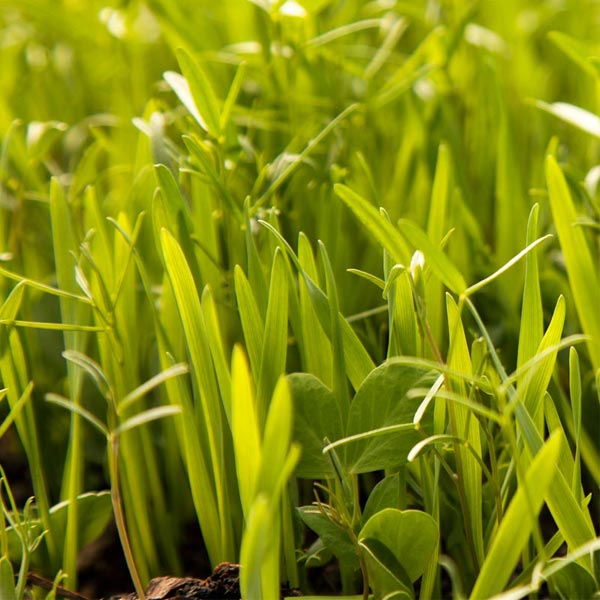Cover Crop Seeds for Soil Building: A Sustainable Farming Solution
Cover crop mixtures for soil building have become a cornerstone of sustainable agriculture due to their low cost, ease of maintenance, and environmentally friendly nature. These invaluable seeds offer numerous benefits that enhance soil health, structure, and overall agricultural productivity.
The Benefits of Cover Crops
Cover crops are essential in sustainable farming practices, and their advantages are multifaceted. Whether you're a farmer, gardener, or simply passionate about environmental conservation, understanding these benefits can help you appreciate the importance of cover crop seeds in soil building.
1. Increases Organic Matter and Available Nitrogen
One of the primary benefits of cover crop seeds is their ability to increase the organic matter content in the soil. These crops, typically comprised of legumes like clover or vetch, can fix nitrogen from the atmosphere into the soil. This process not only enhances soil fertility but also reduces the need for synthetic nitrogen fertilizers, promoting more eco-friendly farming practices.
2. Boosts Earthworms and Beneficial Microorganisms
Cover crops serve as a haven for earthworms and beneficial microorganisms in the soil. These crops' dense foliage and root systems provide a habitat and food source for these essential soil organisms. As earthworms burrow through the soil, they improve its aeration and nutrient circulation, further enhancing soil health.
3. Soil Erosion Prevention
Stabilizing soil and preventing erosion is a critical function of cover crops. Their robust root systems act as a natural barrier, preventing topsoil from being washed away during heavy rainfall or blown away by wind. This protective cover safeguards your farm or garden and reduces sediment runoff into nearby water bodies, preserving water quality and local ecosystems.
4. Deep-Rooted Mineral Redistribution
Certain cover crop species, like radishes and daikon, possess deep-rooted characteristics. These roots penetrate deep into the subsoil, accessing minerals that are otherwise inaccessible to shallow-rooted plants. When these crops decompose, they release these minerals to the surface, enriching the topsoil and making vital nutrients more readily available to future crops.
5. Enhanced Soil Penetration and Moisture-Holding Capacity
Cover crop roots help break up compacted soil and plow-soles, improving soil structure and making it easier for subsequent crops to penetrate the soil. Additionally, their dense canopy reduces evaporation and conserves soil moisture, increasing the soil's capacity to hold water. This is particularly beneficial in regions with erratic rainfall patterns, helping plants withstand periods of drought.
In Summary
Incorporating cover crop seeds into your farming or gardening practices is a sustainable and effective way to promote soil building and improve soil health. These seeds offer many benefits, including increased organic matter and nitrogen, enhanced earthworm and microorganism populations, erosion prevention, deep-rooted mineral redistribution, improved soil penetration, and heightened moisture-holding capacity.
By planting cover crop mixtures, you not only contribute to the long-term health and resilience of your soil but also reduce the need for synthetic fertilizers, mitigate erosion, and conserve water resources. Ultimately, cover crop seeds benefit not only the soil but also the crops you grow and, most importantly, the well-being of the growers themselves, fostering a more sustainable and eco-friendly approach to agriculture.
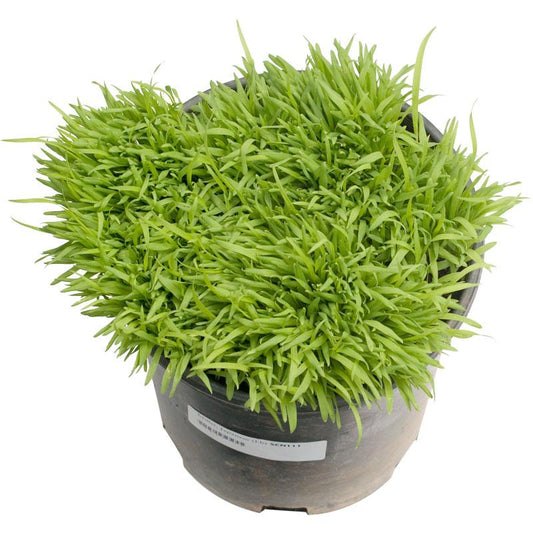 Sold out
Sold out

